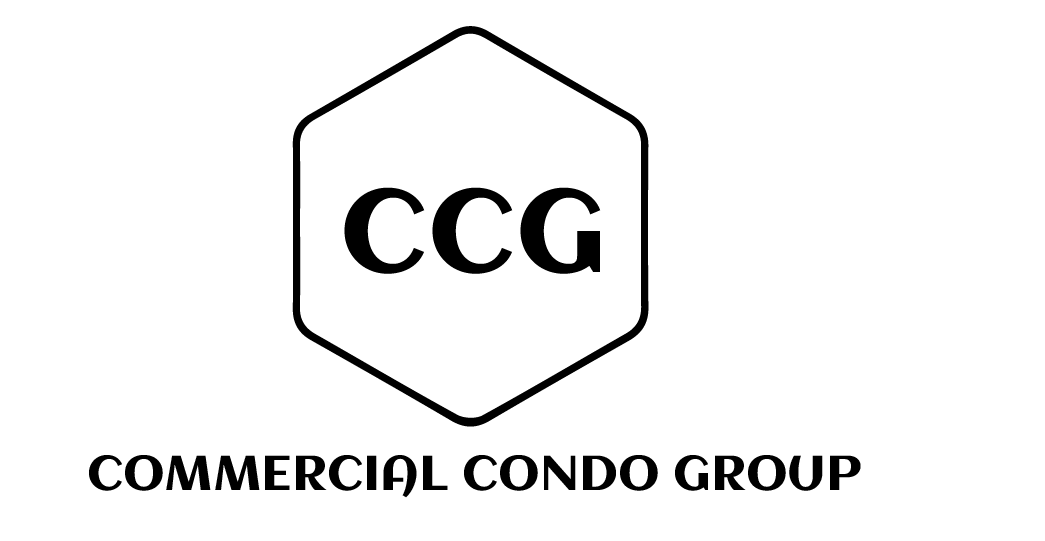In the realm of commercial real estate, owning a commercial condo has emerged as an appealing option for businesses seeking ownership benefits without the commitment of purchasing an entire building. While commercial condos offer several advantages, they also come with unique challenges that potential buyers should carefully consider. In this article, we will explore the pros and cons of owning a commercial condo to help investors make informed decisions.
Pros of Owning a Commercial Condo:
Lower Entry Cost:
One of the most significant advantages of owning a commercial condo is the reduced initial investment compared to buying an entire commercial building. This makes it an attractive option for small businesses or startups with limited capital, enabling them to own a space that aligns with their budget and business needs.
Customization and Control:
Unlike traditional commercial leasing, owning a commercial condo allows business owners to have greater control over the property’s interior design and layout. This level of customization enables companies to tailor the space to suit their specific requirements and branding, fostering a more conducive work environment.
Limited Maintenance Responsibilities:
In a commercial condo, maintenance responsibilities are often divided between the individual unit owner and the condo association. While the owner is responsible for maintaining their unit’s interior, the condo association oversees the maintenance of common areas and exterior elements. This shared responsibility can alleviate the burden of property upkeep and reduce operational costs.
Access to Shared Amenities:
Commercial condo developments frequently offer shared amenities, such as conference rooms, fitness centers, parking facilities, and more. Access to these shared resources can enhance the overall value of the property and provide businesses with additional conveniences without the need for individual investments in these amenities.
Equity Building:
Owning a commercial condo allows investors to build equity over time. As the property appreciates in value, owners may benefit from potential capital gains when they decide to sell. This equity-building aspect can serve as a valuable long-term investment strategy.
Cons of Owning a Commercial Condo:
Condo Association Fees:
Commercial condo owners are obligated to pay monthly condo association fees to cover common area maintenance, insurance, and shared amenities. These fees can vary based on the property’s size and offerings, potentially impacting the overall operating expenses for businesses.
Limited Decision-Making Power:
While owners have control over their individual units, decisions related to common areas and overall building management are typically determined by the condo association and its board. This limited decision-making power can potentially lead to conflicts or disagreements with the association, affecting business operations.
Restrictions and Bylaws:
Commercial condos are governed by specific rules and bylaws set by the condo association. These regulations may dictate how businesses can use and modify their units, potentially limiting certain activities or renovations. Adhering to these restrictions is essential to maintain a harmonious relationship within the community.
Shared Responsibility and Disputes:
As part of a larger commercial condo development, owners share the responsibility for maintaining shared spaces. In cases of disagreements or disputes among unit owners, decision-making processes may slow down, leading to potential delays in maintenance and property management.
Special Assessments:
In certain situations, if the condo association faces financial challenges or requires substantial repairs, special assessments may be levied on all unit owners. These unexpected costs can strain businesses’ budgets and impact financial planning.
Conclusion:
Owning a commercial condo presents a compelling opportunity for businesses seeking ownership benefits, customization, and long-term equity building. However, it is vital for potential buyers to weigh the pros and cons carefully. Consideration of condo association fees, restrictions, decision-making dynamics, and shared responsibilities is essential in making an informed decision that aligns with the business’s goals and financial capabilities. By conducting thorough due diligence and seeking professional advice, businesses can make the most of owning a commercial condo and leverage its advantages while mitigating potential challenges.







